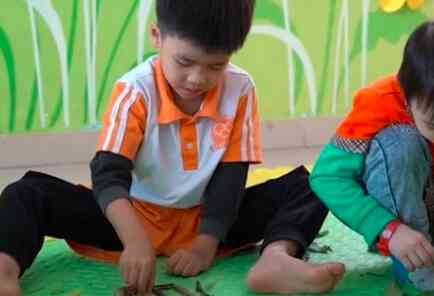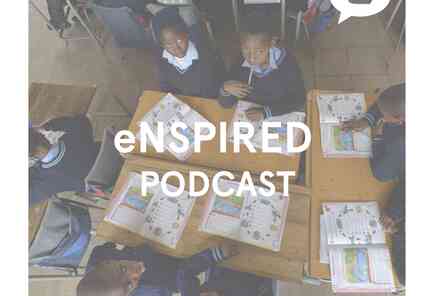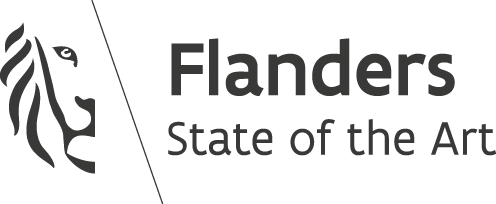Dr Diane Rodriguez, Professor at the Fordham University Graduate School of Education loves to observe lingual education classrooms. Together with Dr Margaret Funke Omidire of the University of Pretoria, Dr Rodriguez visited the Department of Educational Psychology at the University of Pretoria and Laerskool Pretoria-Oos in South Africa. In this video, you will see an observation of an elementary and college Sepedi language class as well as a focus group about multilingualism education.
The fact that South Africa has 11 official languages makes it an interest of research especially with the history of Apartheid. Now, many years after 1991 racial integration remains a challenge for the school system. A lot of the pupils manage now to learn a first, second and even additional languages. This is a good case since research has proven that bilingualism enhances cognitive development and information processing ability.
Furthermore, in order to learn languages, research has shown that children who learn reading skills in their home language can transfer them easily when learning to read in another language. Multilingualism is something a teacher of the Laerskool Pretoria-Oos in South Africa tries to train with teaching Sepedi. Sepedi is an official South African language spoken by more than 4.2 million people in South Africa and thus the mother tongue of many students. South African teacher: “Afrikaans is my mother tongue, English my second language and Sepedi is my third language. I have a passion for Sepedi and children. After the holiday’s I always start by catching up on whatever has been done before the break to reinforce the vocabulary, that way I can see if pupils still remember.”
The second part of the video is a clip of a focus group that discusses the advantages of cultural and linguistic diverse teaching. The following quotes are from this focus group:
The fact that South Africa has 11 official languages makes it an interest of research especially with the history of Apartheid. Now, many years after 1991 racial integration remains a challenge for the school system. A lot of the pupils manage now to learn a first, second and even additional languages. This is a good case since research has proven that bilingualism enhances cognitive development and information processing ability.
Furthermore, in order to learn languages, research has shown that children who learn reading skills in their home language can transfer them easily when learning to read in another language. Multilingualism is something a teacher of the Laerskool Pretoria-Oos in South Africa tries to train with teaching Sepedi. Sepedi is an official South African language spoken by more than 4.2 million people in South Africa and thus the mother tongue of many students. South African teacher: “Afrikaans is my mother tongue, English my second language and Sepedi is my third language. I have a passion for Sepedi and children. After the holiday’s I always start by catching up on whatever has been done before the break to reinforce the vocabulary, that way I can see if pupils still remember.”
The second part of the video is a clip of a focus group that discusses the advantages of cultural and linguistic diverse teaching. The following quotes are from this focus group:
- “You can feel pretty isolated if you speak a language only 1% speaks, you do not feel represented nor that you belong. Mostly pupils like these feel forced to learn a language and change identity.”
- “Reading is very important but it is hard to find books in certain languages for little children. It is also about the attitude of the teacher if are they willing to go above and beyond to help a child by for example searching for a book in that language.”
- “Using students to help tutor each other is helpful. They can connect with someone who speaks the same mother tongue. It is better to learn from peers since the help gets more accepted which shows that teachers should not always want to take the dictatorship in class.”
- “Do not prohibit speaking a mother tongue language because then you take away someone’s culture and identity. Instead of only having the school involved it is a good idea to contact the community. Make sure pupils get to know each other's culture.”
Subscribe to our (Dutch) newsletter
|
English





